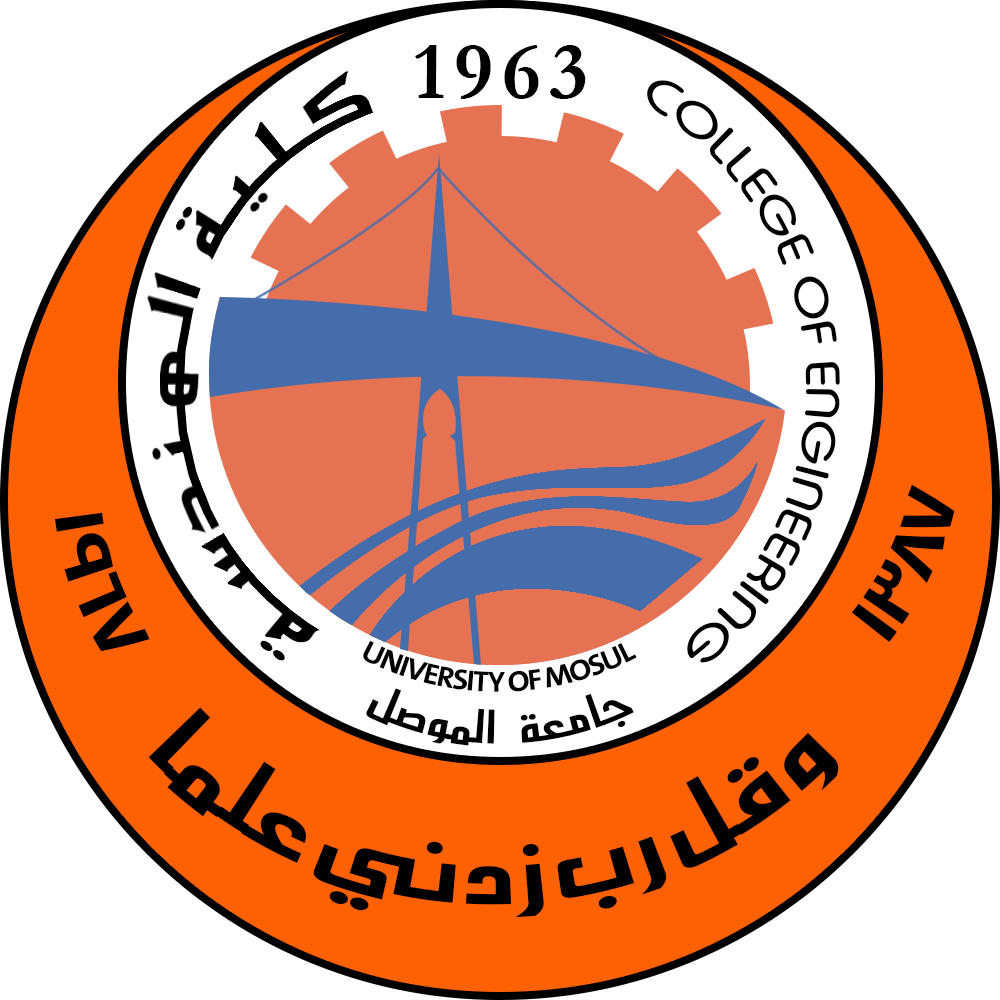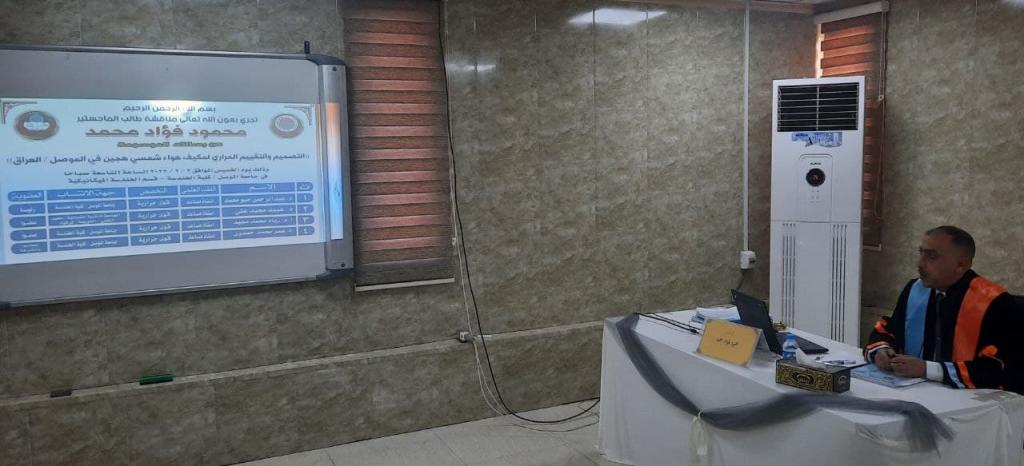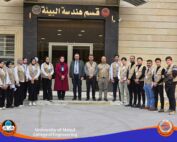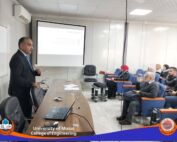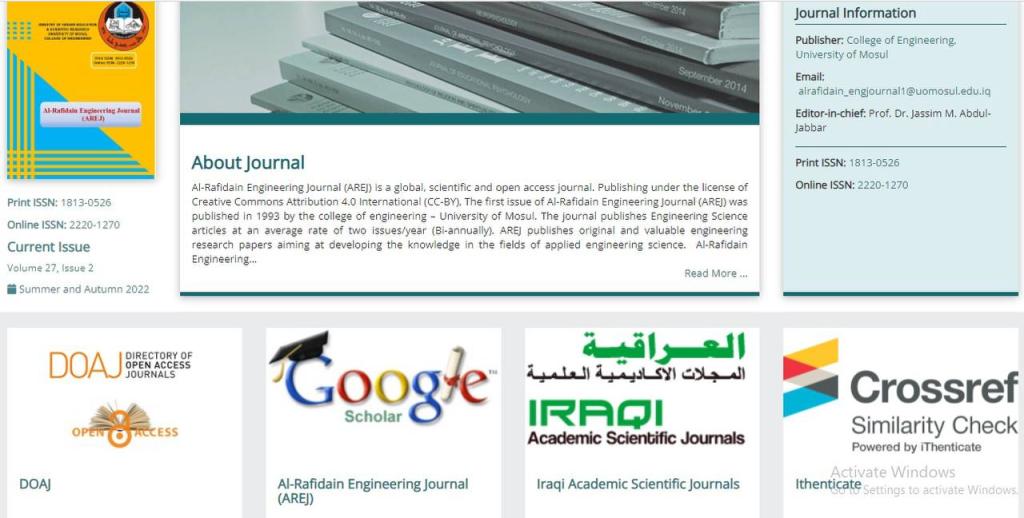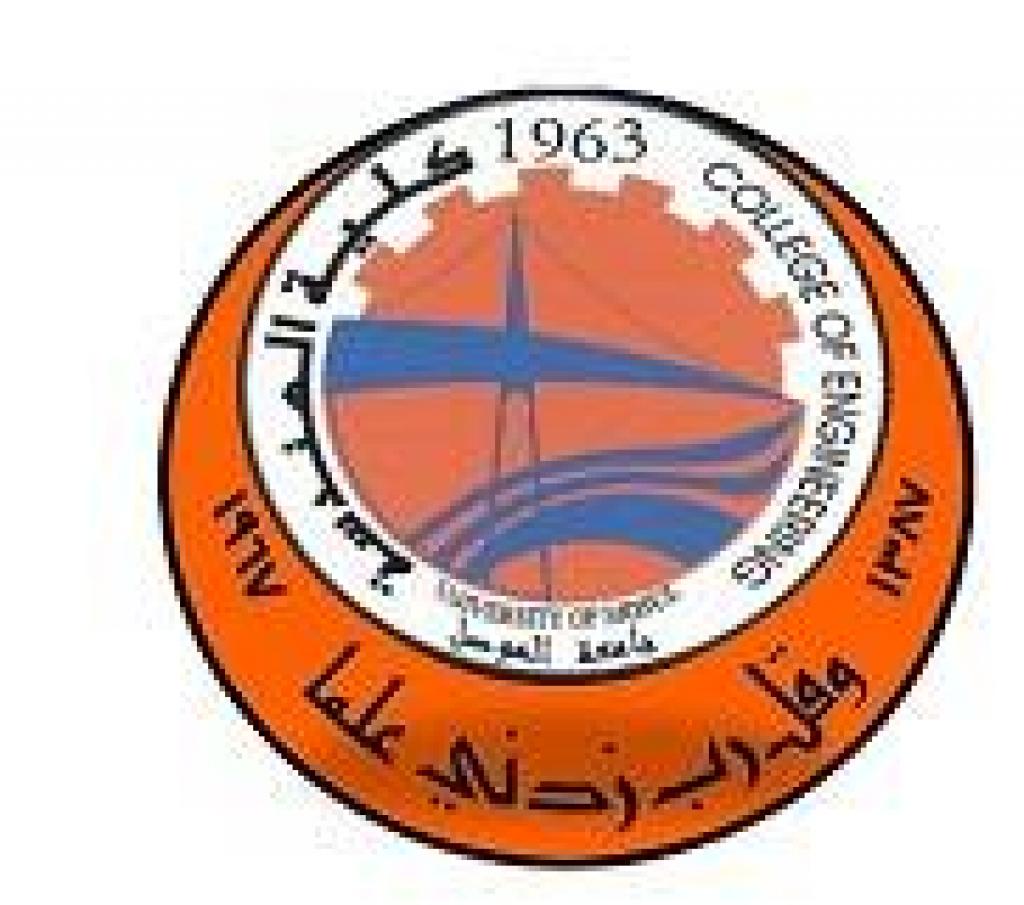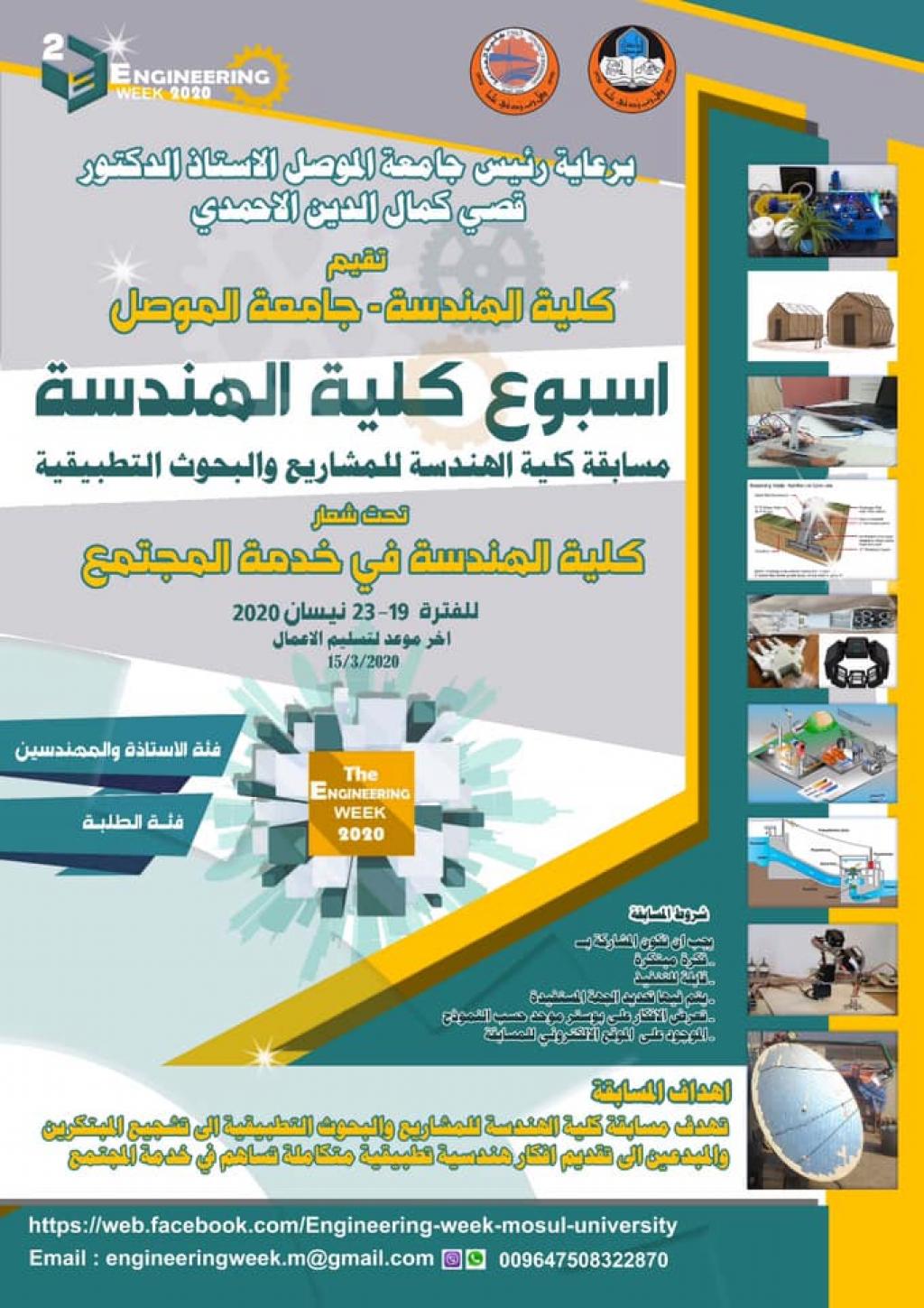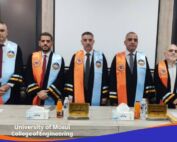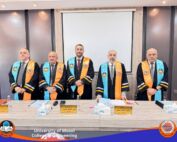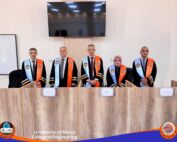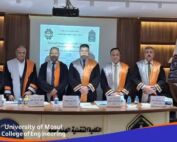3 February، 2022
Master thesis on “Design and thermal evaluation of hybrid split air conditioner in Mosul/Iraq”
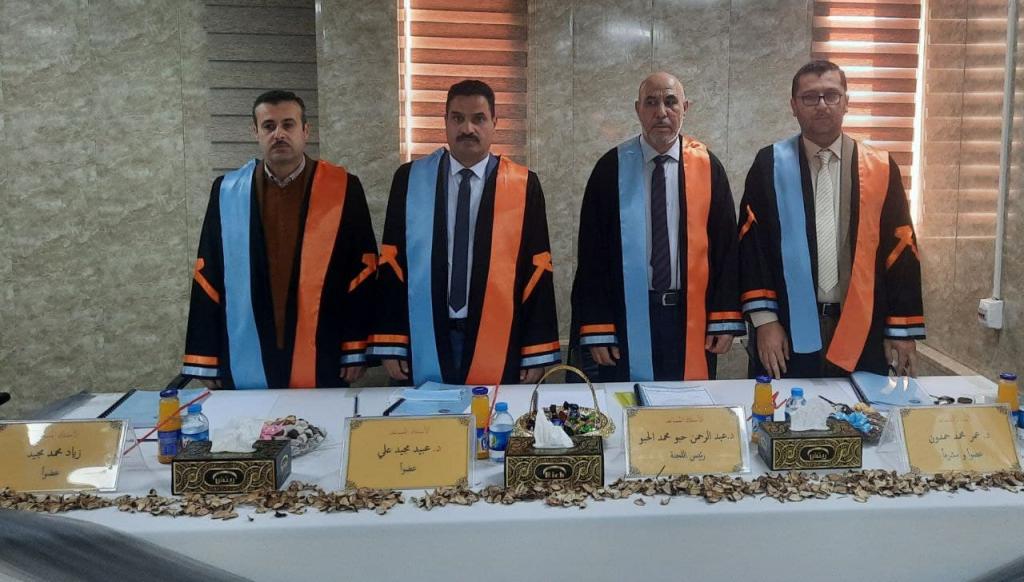
A master thesis was discussed in Department of Mechanical Engineering / College of Engineering / University of Mosul entitled “Design and thermal evaluation of hybrid split air conditioner in Mosul/Iraq” submitted by postgraduate student (Mahmoud F. Mohammed), Supervised ByAssist. Prof. Dr. Omar M. Hamdoonon Thursday, Feb. 03, 2022.The thesis conducted an experimental study to study the improvement of the coefficient of performance of a hybrid solar air conditioner and compare it with the performance of a conventional air conditioner. In addition to studying the rate of electrical energy saving for the hybrid system. The study included the study of the factors and variables affecting the performance of the hybrid solar air conditioner during three continuous months (June, July, and August); From intensity of the solar radiation, and the environment temperature.The hybrid solar air conditioner consisted of a conventional split air conditioner with cooling capacity (12,000 BTU/h – 3.5 KW) and a variable speed compressor integrated with a solar collector. The solar collector consisted of a flat solar panel combined with a hot water storage tank. Inside the tank there is a copper coil heat exchanger, inside which the refrigerant leaving the compressor of the hybrid solar air conditioner passes. Two solenoid valves were installed to control the flow direction of the refrigerant leaving the compressor either to solar heat exchanger and then to the condenser or directly to the condenser.The results of the experimental showed that the heat added to the refrigerant while it was passing through the solar heat exchanger increased its kinetic energy and temperature, and thus maximized the amount of heat expelled by the condenser, which led to an increase in the subcooling of the refrigerant leaving the condenser, as well as an increase in the cooling effect of the evaporator and thus controlling the temperature of the test room more efficiently compared to a conventional air conditioner.The electrical energy saving rate was found, in addition to calculating the amount of enthalpy for each point of the conventional and hybrid refrigeration cycle using computer program engineering equations solver (EES) based on the temperature and pressure data read, and then calculating the coefficient of performance (COP) for the three systems (conventional air conditioner, hybrid solar air conditioner without refrigerant flow direction – first case, hybrid solar air conditioner with refrigerant flow direction control – second case). The results proved that the highest improvement in the coefficient of performance of the solar hybrid air conditioner – the first and second cases is (12.2% – 16.3%) compared to the performance factor of the conventional air conditioner, and that the highest rate of electrical energy saving for the solar hybrid air conditioner – the first and second cases is (15.9% – 18.7%) compared to a conventional air conditioner.
